Turkish and U.S. officials engaged in comprehensive discussions covering various critical topics including the wars in Ukraine and Gaza, as well as bilateral matters, during meetings in Washington, according to Turkey's Foreign Minister, Hakan Fidan, late on Friday.
The NATO allies convened the meetings, known as the Strategic Mechanism, on Thursday, aiming to address deep policy disagreements and enhance cooperation in other areas. Tensions between the two allies have persisted in recent years, but relations have shown signs of improvement following Ankara's support for Sweden's NATO membership bid.
Fidan revealed that officials from both countries conducted multiple rounds of discussions on key issues such as Syria, Ukraine, Gaza, defense industry cooperation, energy, and counterterrorism. Speaking to Turkish media in Washington, he expressed optimism about the opportunity to forge a more positive agenda and build upon existing potential for collaboration.
Emphasizing the urgent need for action, Fidan reiterated Turkey's stance on Gaza, advocating for an immediate and enduring ceasefire and urging increased international efforts to address the humanitarian crisis and pave the way for a two-state solution. He also highlighted the importance of finding pathways to end Russia's invasion of Ukraine, underscoring Ankara's willingness to engage in dialogue to prevent further escalation.
Despite the constructive dialogue, significant differences remain between the two allies, notably concerning Turkey's acquisition of Russian S-400 defense systems and its subsequent removal from the F-35 fighter jet program. Turkey also expresses concerns about U.S. support for Kurdish militants in Syria, which Ankara considers terrorist organizations.
Fidan reaffirmed Turkey's position on these issues, stressing the need for dialogue and resolution. He maintained that Turkey deserves F-35 fighter jets for the payment and work it contributed as a manufacturer, indicating Ankara's openness to discussing the matter further with Washington.
As discussions continue, both sides face the challenge of bridging their differences while seeking common ground to advance mutual interests and address pressing global challenges.



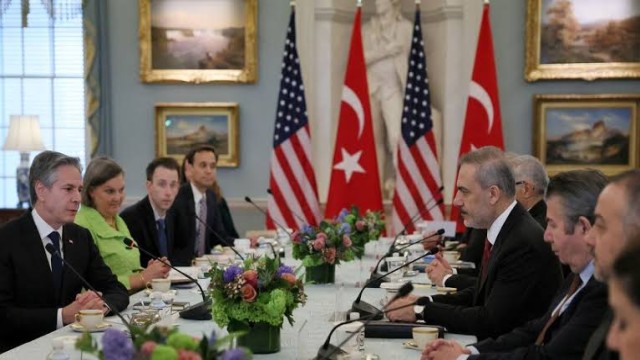


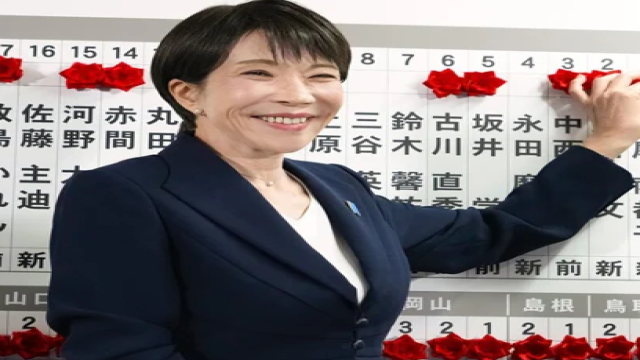

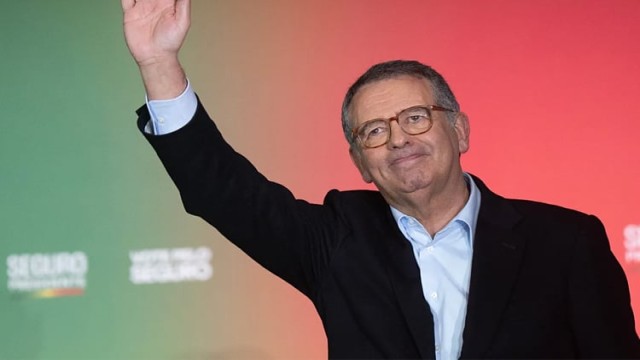
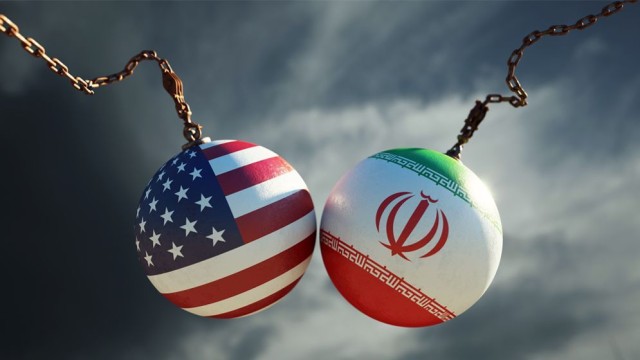






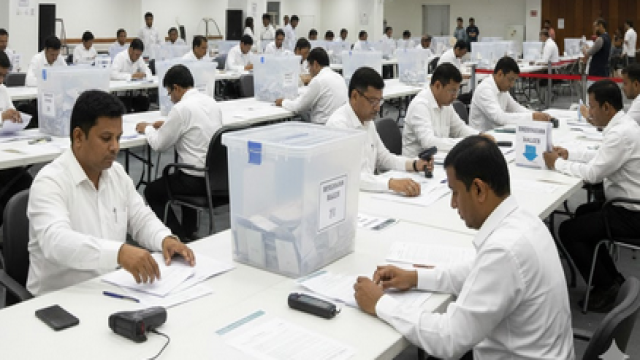


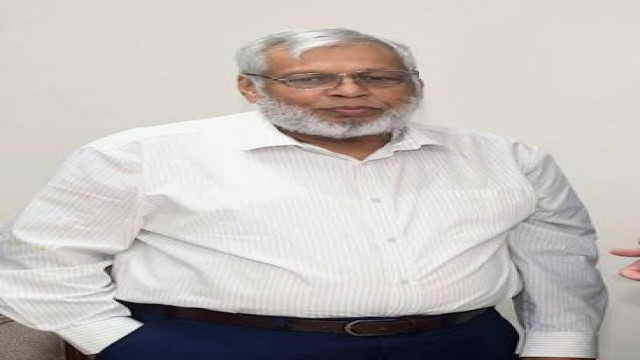











Comment: